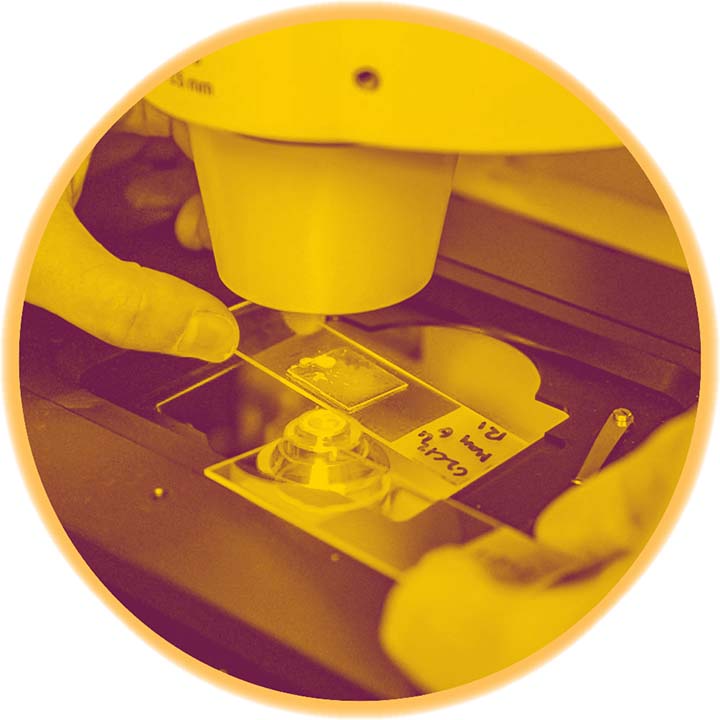An understanding of the tapestry of life comes not from a single discipline, but is woven from all of the Life Sciences: biochemistry, cell biology, genomics, developmental biology, neurobiology, psychology, ecology, and earth sciences. The avalanche of information available from these fields allows scientists to look at biological systems in unprecedented detail.
The key is to integrate knowledge across disciplines in order to understand organisms and their place in the ecosystem. The Life Sciences Program offers problem-based and inquiry learning experiences that will challenge you to think independently, and to apply the knowledge you gain.

Program Type
Bachelor of Science
Degree at Graduation
Unlimited Enrollment
Admission Requirements
Completion of any Level I program with a Grade Point Average of at least 3.5 including:
- BIOLOGY 1A03
- BIOLOGY 1M03
- CHEM 1A03
- 1 course from MATH 1A03, MATH 1LS3
- 1 course from PHYSICS 1A03, 1C03
- 1 course from EARTHSC 1G03, ENVIRSC 1C03, PSYCH 1FF3, PSYCH 1XX3
- 3 courses from the Science 1 Course List
Typical Second-Year Courses
LIFESCI 2A03
Research for Methods in Life Sciences
LIFESCI 2AA3
Introduction to Topics in Life Sciences
LIFESCI 2L03
Living Systems Laboratory
STAT 2B03
Statistical Methods for Science
BIOLOGY 2C03
Genetics
BIOLOGY 2B03
Cell Biology
LIFESCI 2G03
Genes, Genomes and Society
LIFESCI 2CC3
Fundamentals of Neuroscience
LIFESCI 2D03
Behavioural Processes
LIFESCI 2N03
Human Nutrition for Life Sciences
